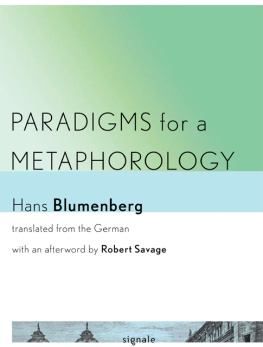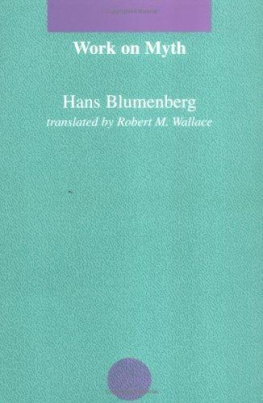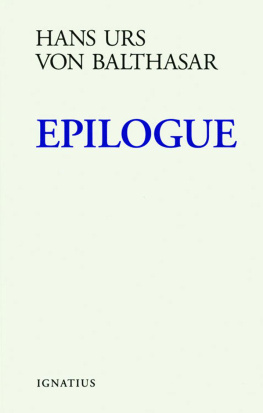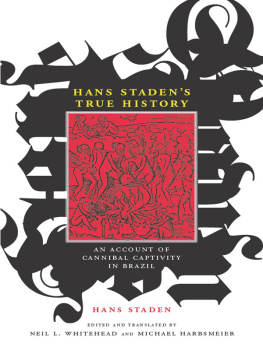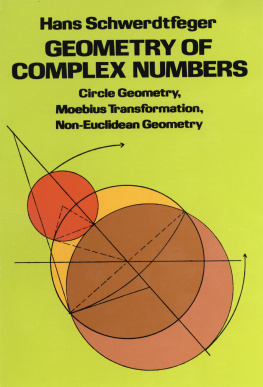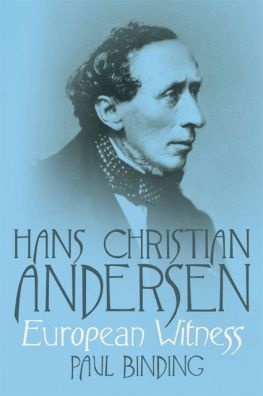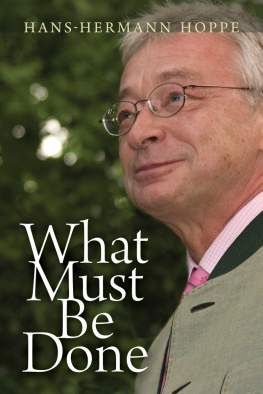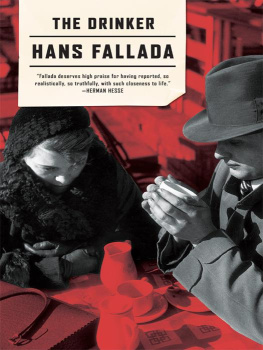Hans Blumenberg - History, Metaphors, Fables: A Hans Blumenberg Reader
Here you can read online Hans Blumenberg - History, Metaphors, Fables: A Hans Blumenberg Reader full text of the book (entire story) in english for free. Download pdf and epub, get meaning, cover and reviews about this ebook. year: 2020, publisher: Cornell University Press, genre: Religion. Description of the work, (preface) as well as reviews are available. Best literature library LitArk.com created for fans of good reading and offers a wide selection of genres:
Romance novel
Science fiction
Adventure
Detective
Science
History
Home and family
Prose
Art
Politics
Computer
Non-fiction
Religion
Business
Children
Humor
Choose a favorite category and find really read worthwhile books. Enjoy immersion in the world of imagination, feel the emotions of the characters or learn something new for yourself, make an fascinating discovery.

- Book:History, Metaphors, Fables: A Hans Blumenberg Reader
- Author:
- Publisher:Cornell University Press
- Genre:
- Year:2020
- Rating:5 / 5
- Favourites:Add to favourites
- Your mark:
- 100
- 1
- 2
- 3
- 4
- 5
History, Metaphors, Fables: A Hans Blumenberg Reader: summary, description and annotation
We offer to read an annotation, description, summary or preface (depends on what the author of the book "History, Metaphors, Fables: A Hans Blumenberg Reader" wrote himself). If you haven't found the necessary information about the book — write in the comments, we will try to find it.
History, Metaphors, Fables: A Hans Blumenberg Reader — read online for free the complete book (whole text) full work
Below is the text of the book, divided by pages. System saving the place of the last page read, allows you to conveniently read the book "History, Metaphors, Fables: A Hans Blumenberg Reader" online for free, without having to search again every time where you left off. Put a bookmark, and you can go to the page where you finished reading at any time.
Font size:
Interval:
Bookmark:
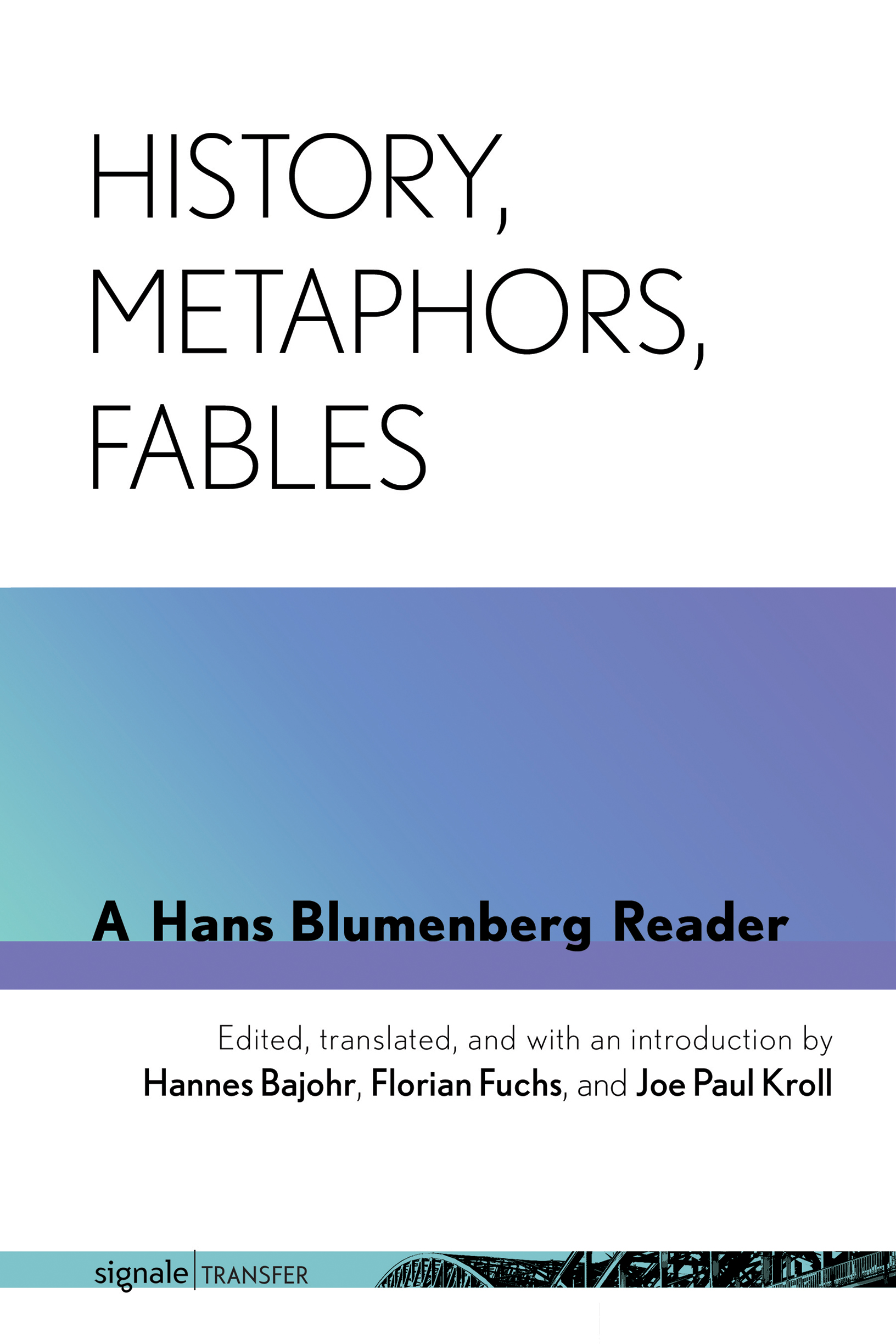
HISTORY, METAPHORS, FABLES
A Hans Blumenberg Reader
HANS BLUMENBERG
Edited, translated, and with an introduction by Hannes Bajohr, Florian Fuchs, and Joe Paul Kroll
A Signale Book
CORNELL UNIVERSITY PRESS AND CORNELL UNIVERSITY LIBRARY
ITHACA AND LONDON
- Hannes Bajohr, Florian Fuchs, and Joe Paul Kroll
HANNES BAJOHR, FLORIAN FUCHS, AND JOE PAUL KROLL
The philosopher Hans Blumenberg (19201996) has, in the quarter-century since his death, become a modern classic in his native Germany, making him one of the most important philosophers of the postwar period. His reception in the English-speaking world has been slower: even though the three major volumes The Legitimacy of the Modern Age, Genesis of the Copernican World, and Work on Myth have been available in translation since the 1980s, All these works are milestones on an intellectual path that is nevertheless still hard to see as a whole for an anglophone audience. History, Metaphors, Fables: A Hans Blumenberg Reader offers a guide along this path: it contains his most important philosophical essays, many of which provide explicit discussions of what in the large tomes often remain only tacit presuppositions and often act as prcis for them, as well as selections of his nonacademic writings (which were frequently more literary and took the form of essay-like shorter pieces published in newspapers and literary magazines). By presenting its principal themes, the Reader thus provides an overview of Hans Blumenbergs work, which spans almost twenty books published during his lifetime and a steady flow of further volumes from his extensive archive. It also offers at least a glimpse of the richness and originality of the thought he brought to bear on a staggering variety of topics in smaller forms.
Moreover, any introduction to Blumenberg has to grapple not only with the unwieldiness of his work but with the additional problem that he cannot be reduced to one overarching concept, method, or field of study, which partly explains why his work has not founded a particular school of thought. Blumenberg was, in Isaiah Berlins terms, a fox, and as such eludes easy categorization. The topics he covered include but are not limited to modernity and secularization, the philosophy of history, the history of science and technology, language philosophy and rhetoricity, aesthetics and literary theory, philosophical anthropology, theology, and mythical thought, to name just a few. Instead of providing an exhaustive interpretation of Blumenbergs oeuvre, which must be reserved for detailed studies, we shall give only a compact summary of his life and work, and clarify the selection and makeup of this Reader. With this volume in hand as a guide, we hope that new audiences can begin to discover Blumenbergs extraordinary intellectual path and his versatility, erudition, and inquisitiveness. Readers already acquainted with Blumenberg will find new light shed on familiar questions, often from surprising angles.
Hans Blumenberg was born on July 13, 1920, in Lbeck on the Baltic coast of northern Germany into a well-to-do Catholic household. His father dealt in devotional prints and art objects, and supported his only sons intellectual curiosity. Blumenberg attended a humanistic Gymnasium in his hometown and appears to have been a gifted pupil with interests ranging from languages and philosophy to the natural sciences. He was twelve years old when the National Socialists took power in 1933 and the schools liberal principal was replaced with a party member. In the following years, Blumenberg became increasingly marginalized: His mother was of Jewish origin (she had converted to Catholicism) and after the Nuremberg Laws of 1935 went into effect, Blumenberg was classified and harassed as Mischling [mongrel] of the first degree and a half Jew. After his graduation in 1939, he was barred from studying at a public university and instead attended Catholic institutions of higher education: first the theological seminary in Paderborn and then the Jesuit college St. Georgen in Frankfurt. While focused on scholastic and neo-Thomist philosophy, St. Georgen also offered a varied philosophical curriculum that included German idealism as well as contemporary existential philosophy. With regulations for Mischlinge becoming stricter, Blumenberg had to quit for good by the end of 1940.
After first trying to continue his studies privately while helping in his fathers business, he was forced to work in a sector essential to the war effort. In 1943, he entered the Drger factory, which, among other things, produced gas masks and equipment for submarines. Heinrich Drger helped Mischlinge by employing them in different posts in his business, and intervened several times when the Gestapo tried to apprehend them at his factories. However, even Drger could not prevent Blumenbergs seizure during Aktion Hase in February 1945, an operation by the Nazi engineering group Organisation Todt to draft forced laborers, and his deportation to the labor camp at Zerbst near Dessau. When the camp was dissolved by Soviet troops on April 6, 1945, Blumenberg managed to flee and went into hiding with the family of his future wife, waiting out the rest of the war.
In the fall of 1945, trying to make up for lost time, Blumenberg enrolled at the University of Hamburg to study philosophy, Greek philology, and German literature. His teacher was Ludwig Landgrebe (19021991), a former assistant to Edmund Husserl. Blumenberg followed him to the University of Kiel to write, under Landgrebes supervision, his first and second dissertations (the latter being the Habilitation allowing access to a professorship) in rapid succession in 1947 and 1950. During this period, Blumenberg had already begun to write shorter articles for newspapers and academic journals. His very first philosophical publication, The LinguisticReality of Philosophy (1946/47), written before Heideggers Letter on Humanism was published, stands out both in the thematic focus that would remain central for his workthe necessary intertwinement of language and historyand in setting the stage for Blumenbergs coming to terms with the two dominant figures of phenomenology, Heidegger and Husserl.
Heidegger and Husserl also inform Blumenbergs theses, which until 1960 remained his only book-length works. The dissertation, Contributions to the Problem of Primordiality of Medieval Scholastic Ontology,
Soon after Blumenbergs Habilitation, these critical undertones become more apparent and he begins to distance himself from Heidegger. Between the mid-1950s until the mid-1970s, there is no mention of Heidegger in virtually any of Blumenbergs texts. This shift of interest and philosophical alignments is a probable reason he published neither his dissertation nor his Habilitation. Blumenberg adapts the concept of life-world in many, and not always necessarily compatible, ways, but one of its outgrowths is what he calls the concept of reality (Wirklichkeitsbegriff), which he theorized repeatedly during the course of his career. One could characterize the concept of reality as the historicized version of Husserls life-world: concepts of reality prescribe what, within a given historical period, can be thought of as real. Often present only beneath the surface of Blumenbergs major works, the concept of reality is a tool of enduring importance for his thought, making appearances not just in his explicitly historical writings but also in his political theory, his aesthetics, and his literary theory.
Font size:
Interval:
Bookmark:
Similar books «History, Metaphors, Fables: A Hans Blumenberg Reader»
Look at similar books to History, Metaphors, Fables: A Hans Blumenberg Reader. We have selected literature similar in name and meaning in the hope of providing readers with more options to find new, interesting, not yet read works.
Discussion, reviews of the book History, Metaphors, Fables: A Hans Blumenberg Reader and just readers' own opinions. Leave your comments, write what you think about the work, its meaning or the main characters. Specify what exactly you liked and what you didn't like, and why you think so.

